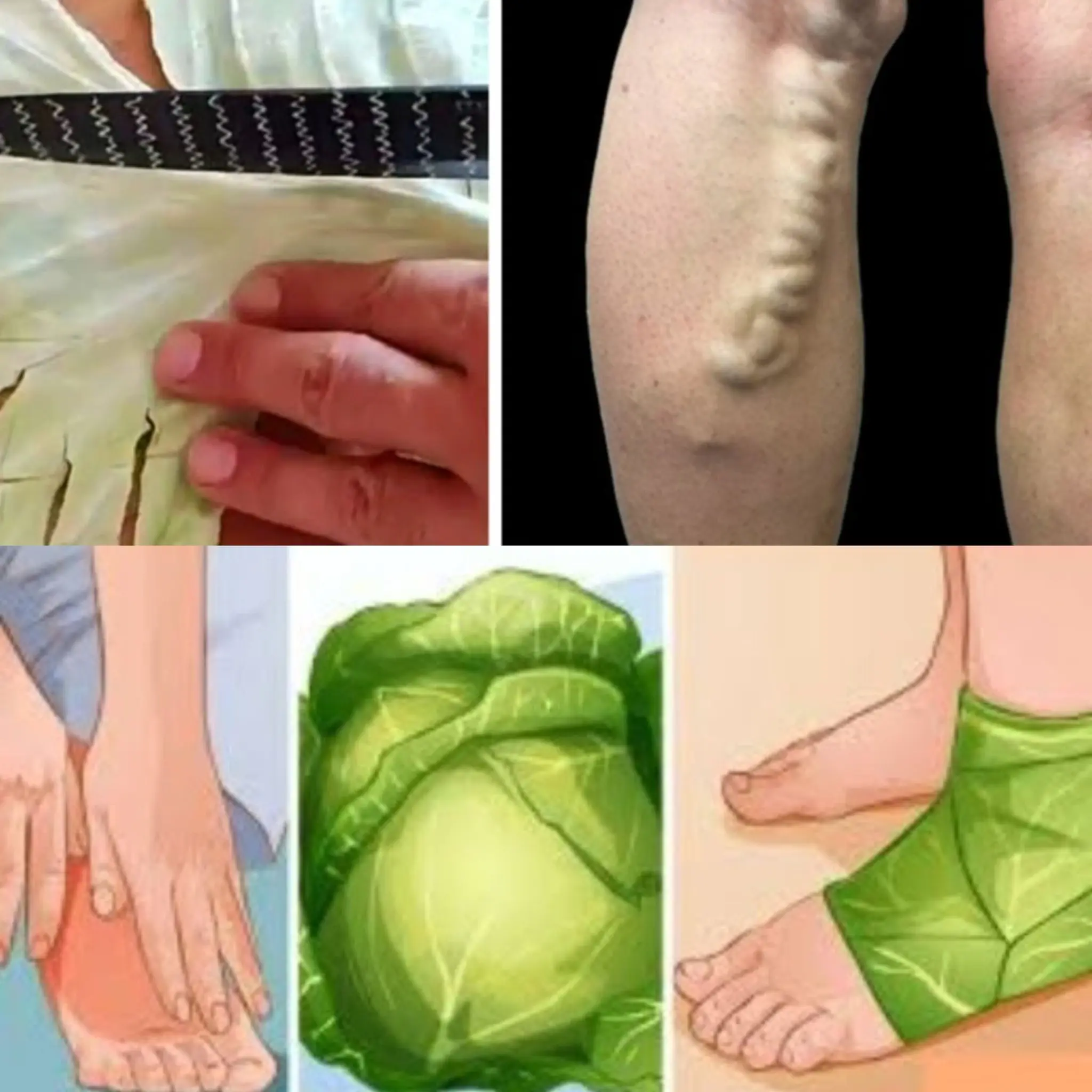
Thousands May Be Living with Undiagnosed Alcohol-Related Brain Damage
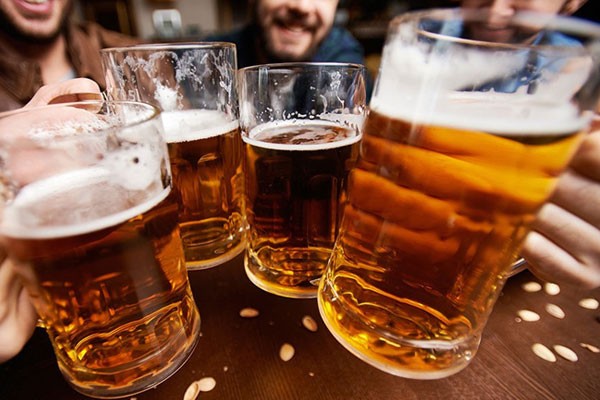
Experts warn that thousands of people may be living with alcohol-related brain damage (ARBD) without knowing it, as the condition often goes undiagnosed.
Research shows that regularly consuming 35 units of alcohol per week for five years or more can lead to ARBD — a condition that significantly impairs a person’s ability to perform daily tasks.
Lee Caldwell, 56, a former Royal Navy engineer, was diagnosed with ARBD last year. He said he struggled with short-term memory and impulse control.
Professor Gareth Roderique Davies explained that stigma and lack of awareness often result in missed or incorrect diagnoses of ARBD. He also highlighted the persistent lack of adequate resources to address the issue.
The Welsh government has announced an investment of over £67 million to support people affected by drugs and alcohol, including those with ARBD.
“I No Longer Wake Up Craving Alcohol”
Mr. Caldwell received treatment at Brynawel House, a rehabilitation center in South Wales, where he was diagnosed in September.
At the peak of his addiction, he admitted it was easier to walk to the garage to buy alcohol than to confront feelings of guilt and shame. "The addiction became more important than life itself," he said.
He shared an experience that illustrated the impact of ARBD: “One day in rehab, I couldn’t find my room. I saw room seven, then eight — but where’s nine? A guy I got along with said, ‘You might want to check the right building — you live over there.’”
While his long-term memory remained intact, he struggled with simple things like remembering whether he had taken his medication or managing his impulses.
After six months of rehab, Mr. Caldwell said, “I no longer wake up with cravings, and I’m becoming physically stronger.” Still, he worries about unfamiliar environments and admits he’s cautious about returning to his hometown in North Wales.
“I knew I could do it — but I also know I’m an addict, and that demon is always waiting.”
When asked if he recognized his progress, he responded, “Not yet. But I can see how far I’m going to go.”
“ARBD Has Gotten Worse Since the Pandemic”
According to Sue Gwyn, Chief Executive of Brynawel House, ARBD has become increasingly severe in recent years. “Post-pandemic, we’re seeing people with much more extensive brain damage due to drinking,” she said.
Brynawel House specializes in treating substance misuse, particularly ARBD. Patients are typically referred by local authorities and assessed for cognitive function.
“Even consuming as little as 35 units of alcohol a week for four or five years can impact your brain,” Gwyn said. “Some people have been working with community services for 18 months, and no one picked up on the ARBD.”
She stressed that up to 75% of people with ARBD can make significant recoveries if given proper rehabilitation. Without diagnosis and intervention, however, patients are at risk of long-term care dependency.
How Many Units Are in Alcoholic Drinks?
According to the NHS, men and women should not drink more than 14 units of alcohol per week on a regular basis. Here’s how many units common drinks contain:
-
Pint of lower-strength lager, beer, or cider: 2 units
-
Pint of higher-strength lager, beer, or cider: 3 units
-
Small glass of wine (125ml): 1.5 units
-
Large glass of wine (250ml): 3 units
-
Single shot of spirits (25ml): 1 unit
That means drinking about four bottles of wine a week could already put someone at risk — even if their liver shows no symptoms of damage.
“We See Massive Change by the Time They Leave”
Jan Bevan, an occupational therapist at Brynawel House, said, “Before treatment, life revolved around alcohol and when they could get their next drink. Now they’re rediscovering what a meaningful life looks like.”
She helps patients build routines and memory prompts to prepare for life after rehab. “My job is to ensure they have the strategies and support to carry on.”
Despite the clear benefits, Sue Gwyn noted that funding remains a challenge. As the only nonprofit provider of ARBD rehab in Wales, Brynawel House operates at a cost of £1,760 per week, with a minimum stay of six months.
“When you consider the long-term cost of residential care over 10 or 20 years, six months to a year in rehab is a wise investment,” she said.
ARBD Is Often Misdiagnosed — But Recovery Is Possible
Professor Gareth Roderique Davies, co-leader of the addictions research group at the University of South Wales, expressed concern over the lack of treatment pathways. As a co-author of the Welsh government’s substance misuse treatment framework, he was frustrated by the slow implementation of proper clinical routes.
“In some ways, Wales is leading the way in recognizing ARBD, but putting the right resources in place is still a major roadblock,” he said.
Earlier research by his team estimated around 34 ARBD cases per 100,000 people in South Wales — a figure he believes is significantly underestimated. “When you scale that up, you’re talking about thousands of people who could be affected.”
Stigma remains a key factor in delayed or missed diagnoses. “Those drinking excessively may appear chaotic, confused, or even aggressive — and they’re immediately stigmatized,” said Prof. Davies. “But they could be showing signs of ARBD.”
He added that some patients with ARBD are misdiagnosed with early-onset dementia. “Memory clinics aren’t always the right fit, since ARBD isn’t degenerative like dementia — and with the right intervention, it can improve.”
The Welsh government confirmed its ongoing investment of over £67 million “to support people affected by drugs and alcohol, including those with alcohol-related brain damage, ensuring a range of services and support is in place.”
A spokesperson added, “Treatment pathways are determined by individual area planning boards, who must work closely with all appropriate organizations to ensure early identification of ARBD.”
News in the same category

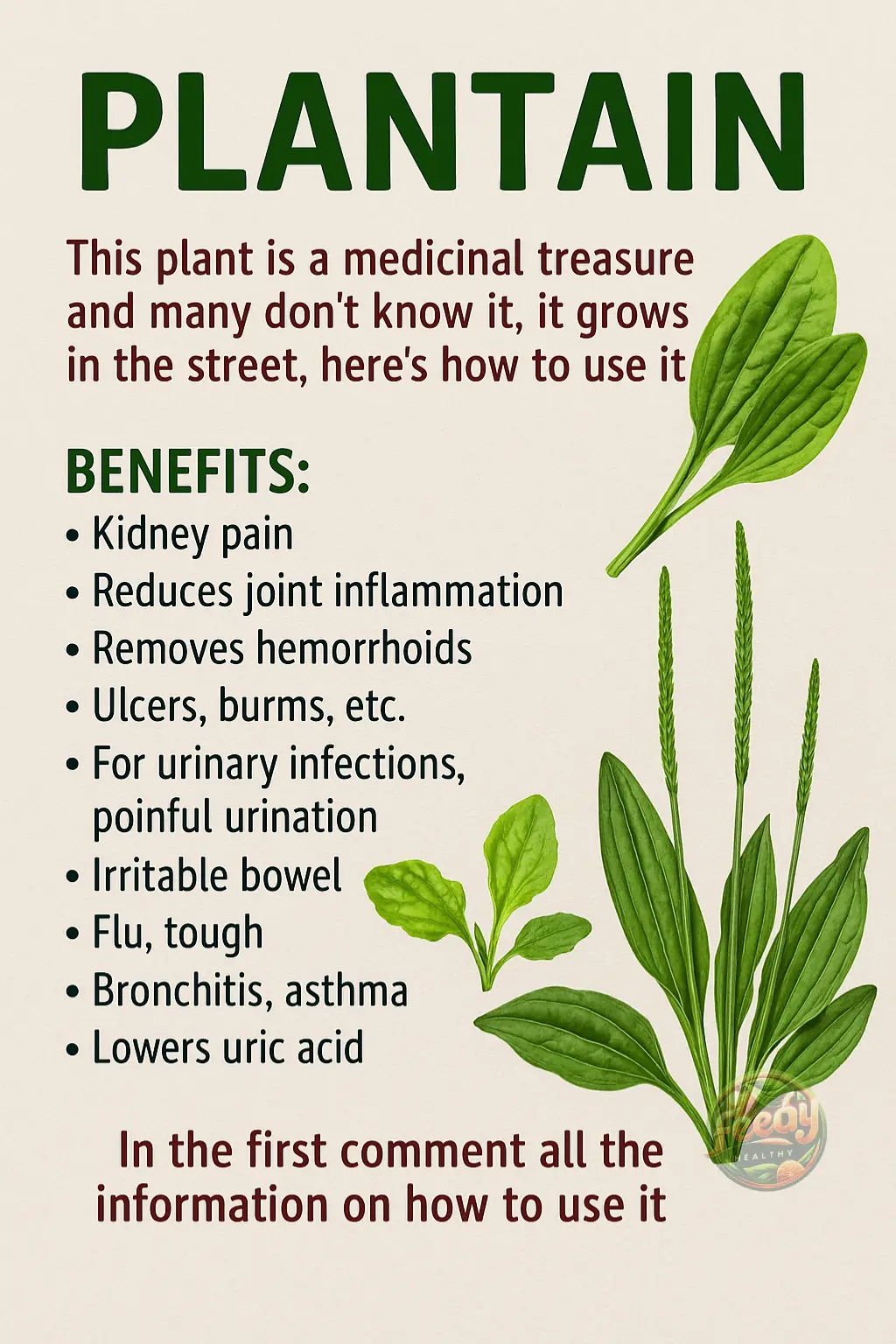
PLANTAIN: Take Advantage of Its Benefits and Learn How to Use It! 🌿
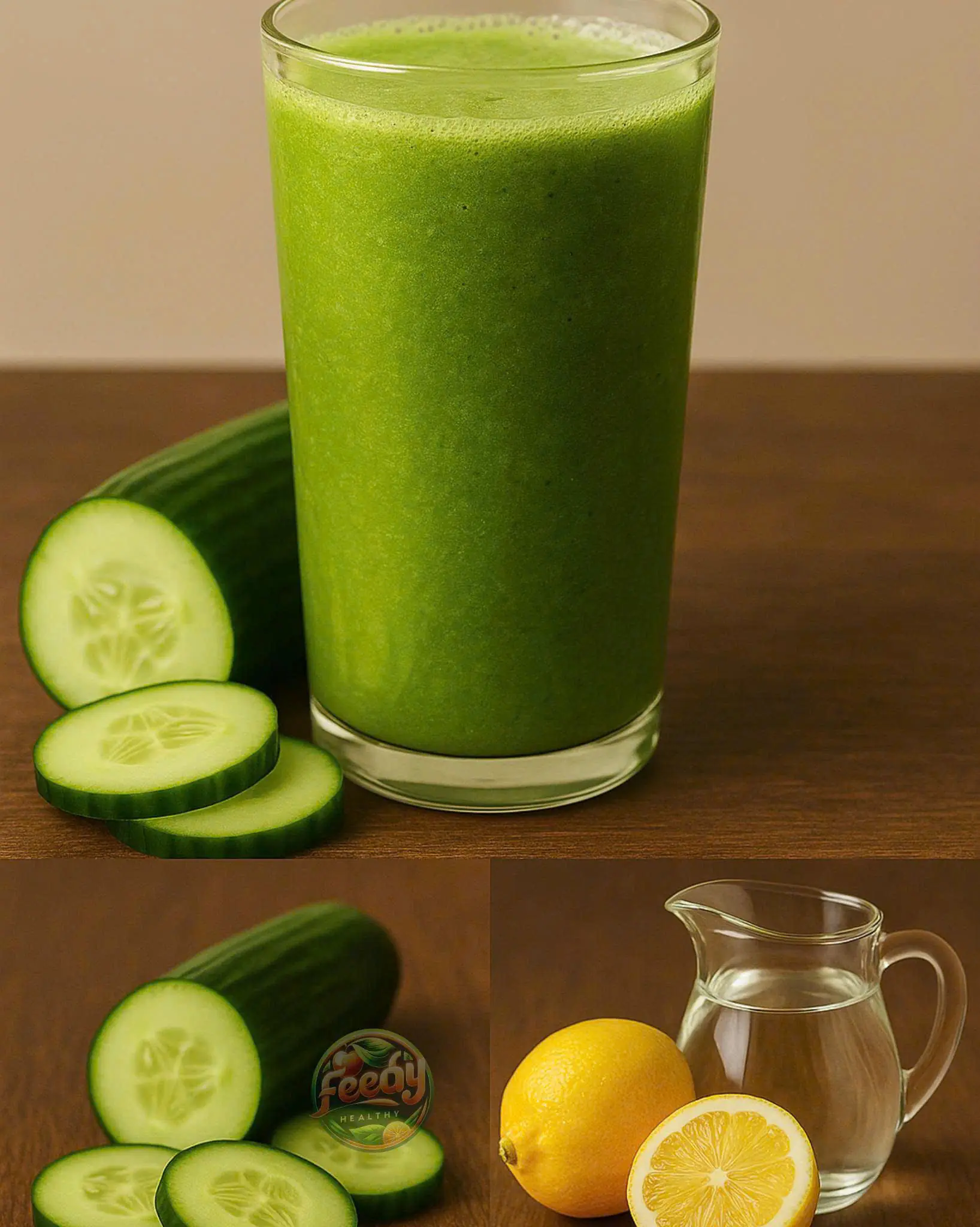
If You Suffer from Diabetes, High Blood Pressure, High Cholesterol, Inflammation, or Premature Aging — This Simple Homemade Remedy Could Change Your Life

Exploring the Amazing Benefits of Turmeric
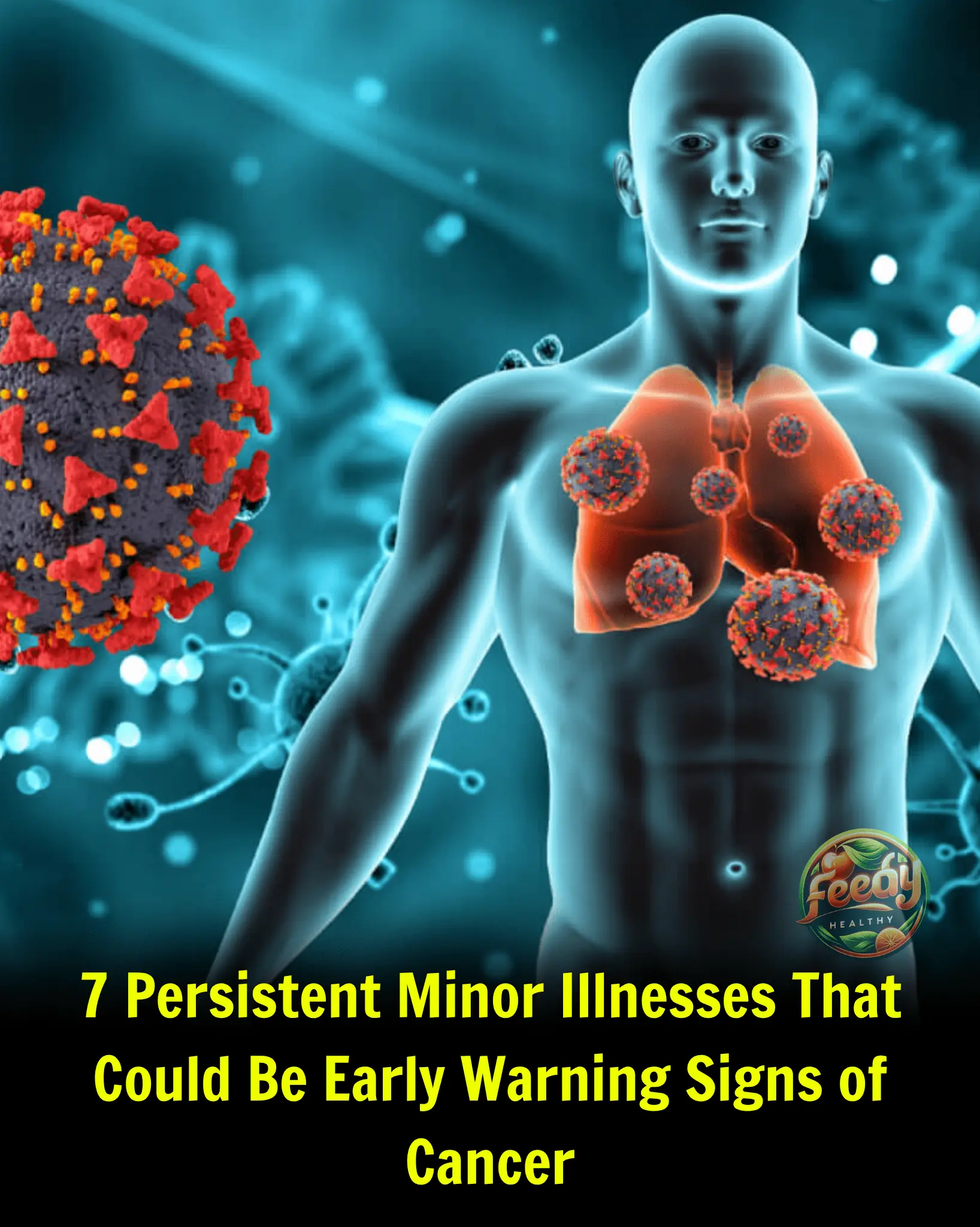
7 Persistent Minor Illnesses That Could Be Early Warning Signs of Cancer
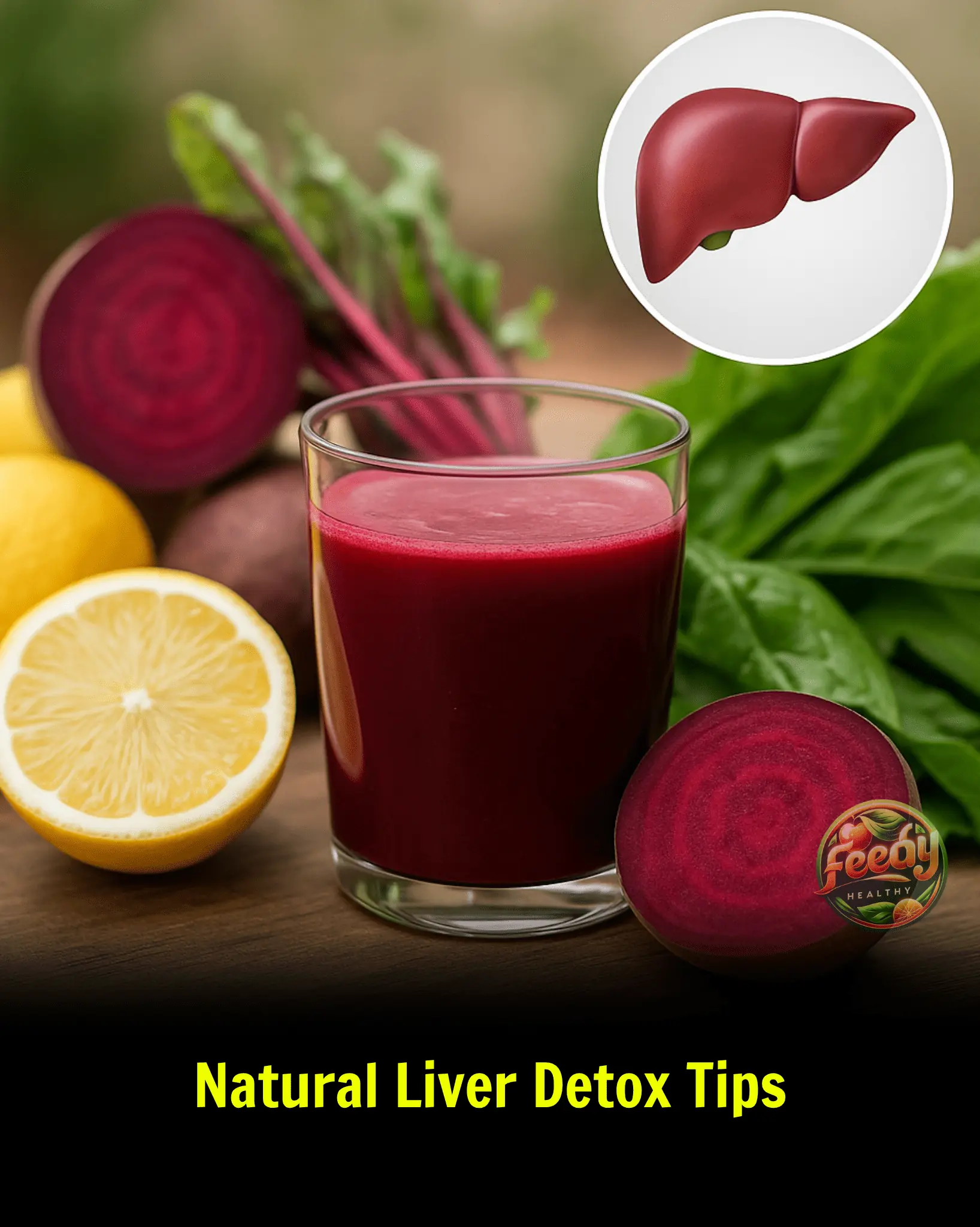
Natural Liver Detox Tips

I’m Losing So Much Belly Fat Drinking This All Day! 🌿 My Big Belly Is Gone – Thanks to Ginger!
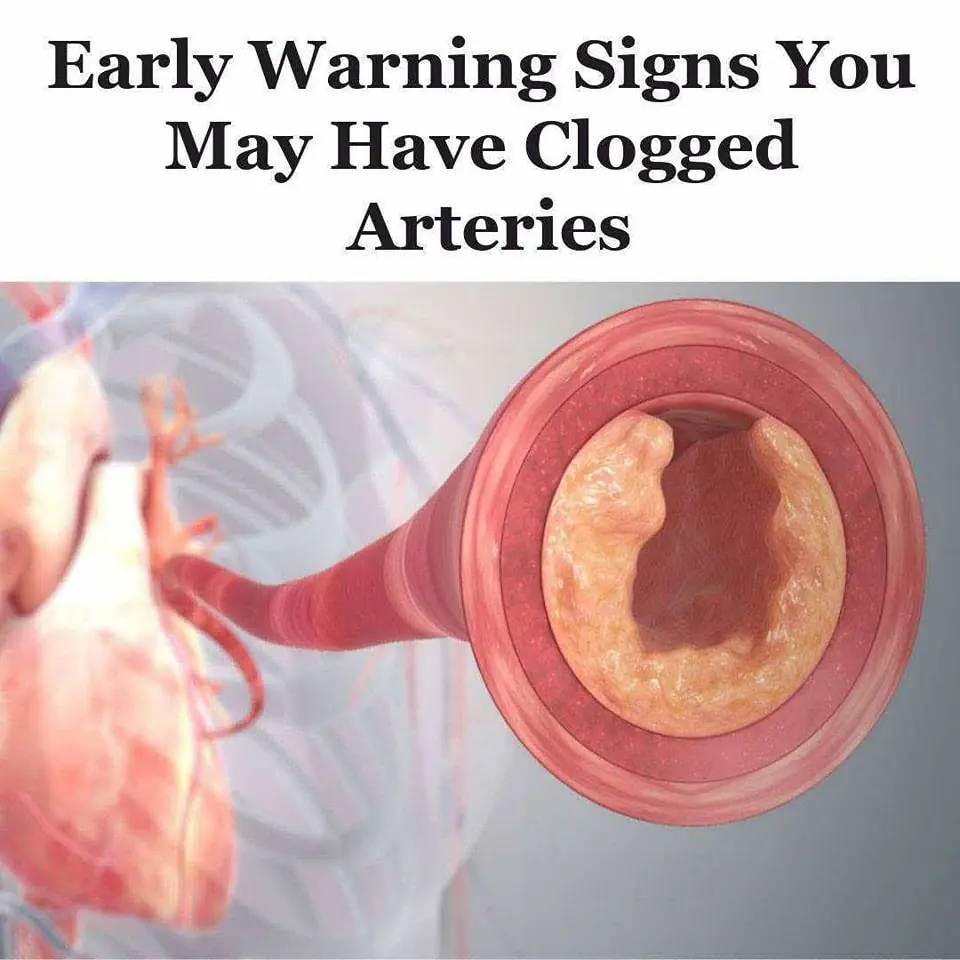
10 Clues Your Body Might Be Giving You About Clogged Arteries
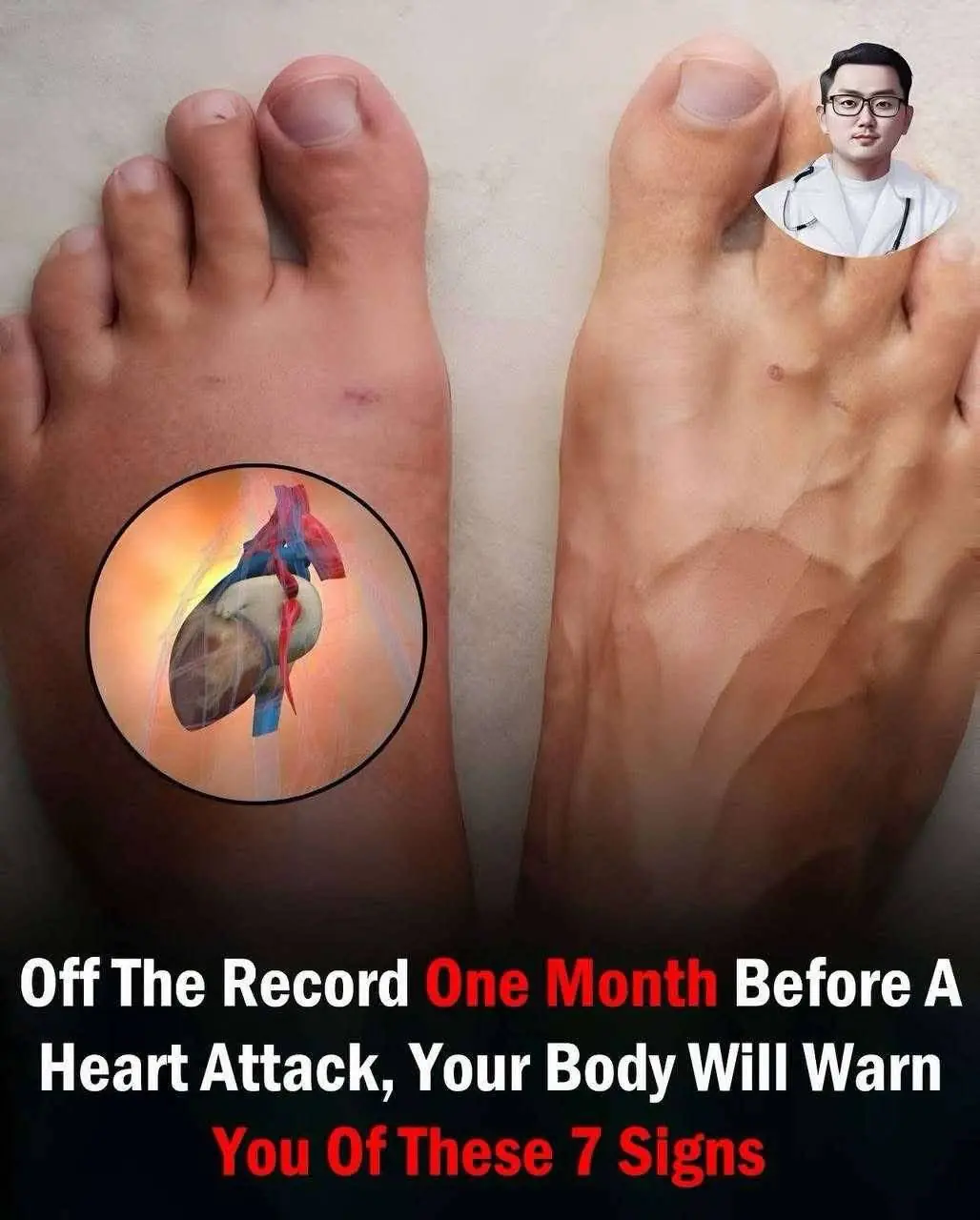
Warning signs of a heart attack?

8 powerful anti-cancer foods you should start including in your diet
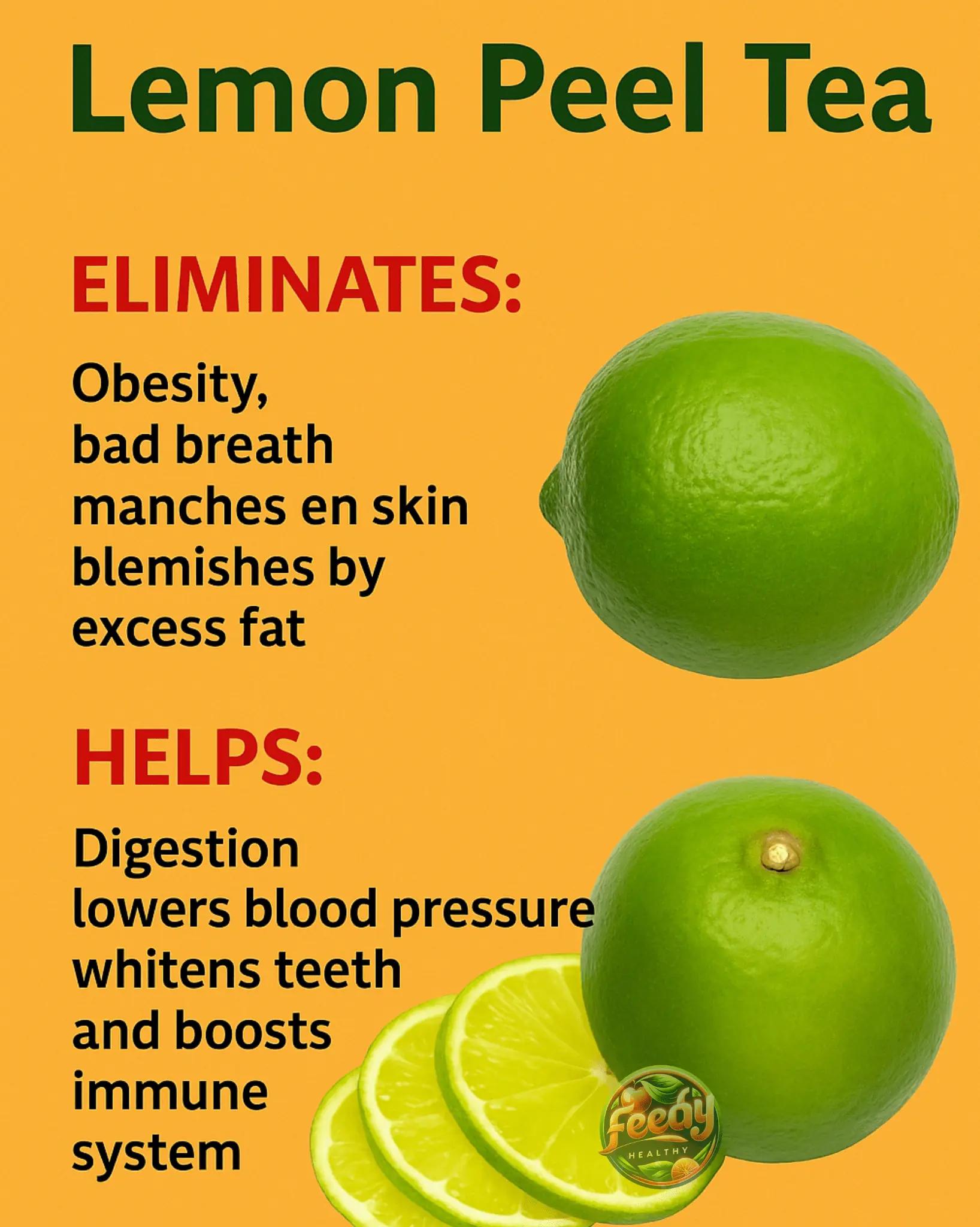
What Happens to Your Body When You Drink Lemon Peel Tea?
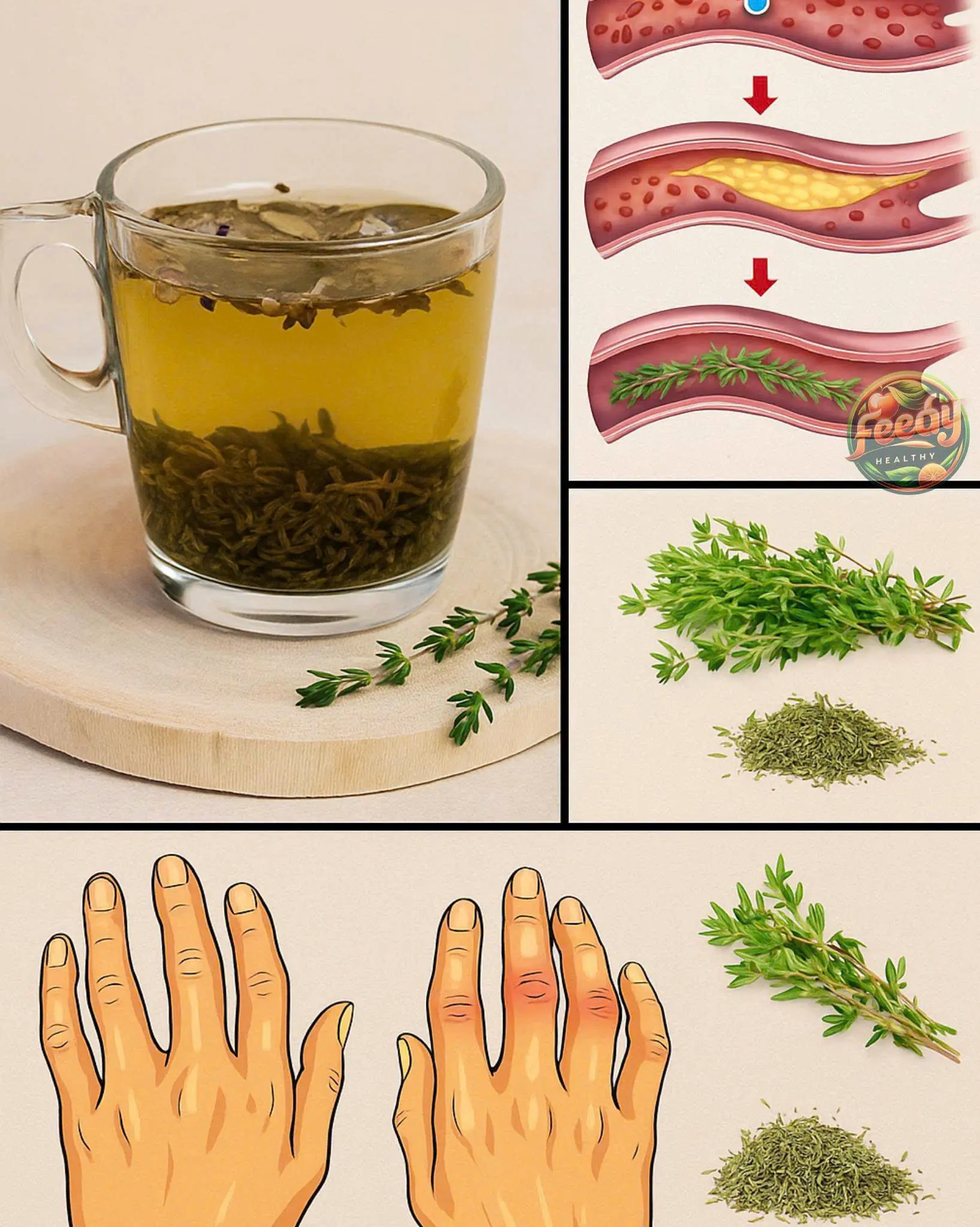
Discover the Powerful Benefits and Uses of Thyme

The Leaf That Lowers Blood Pressure, Soothes the Stomach, and Boosts Immunity 🌿

Fatty Liver Diet: Nutritionist Recommends 5 Key Foods to Detox the Liver and Reduce Fat

35+ Things We Do Every Day Linked to Cancer

How to Prepare Fig Leaf Tea and Why You Should Drink It

5 Health Conditions That Should Avoid Honey – Important Warnings You Need to Know
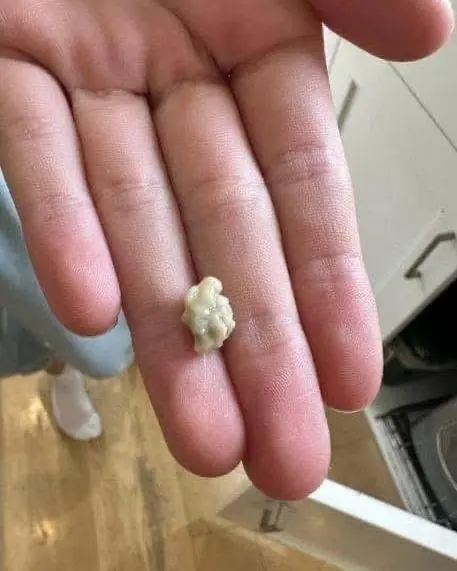
Here’s what you need to know about tonsil stones – the weird pimple-like growths in your throat
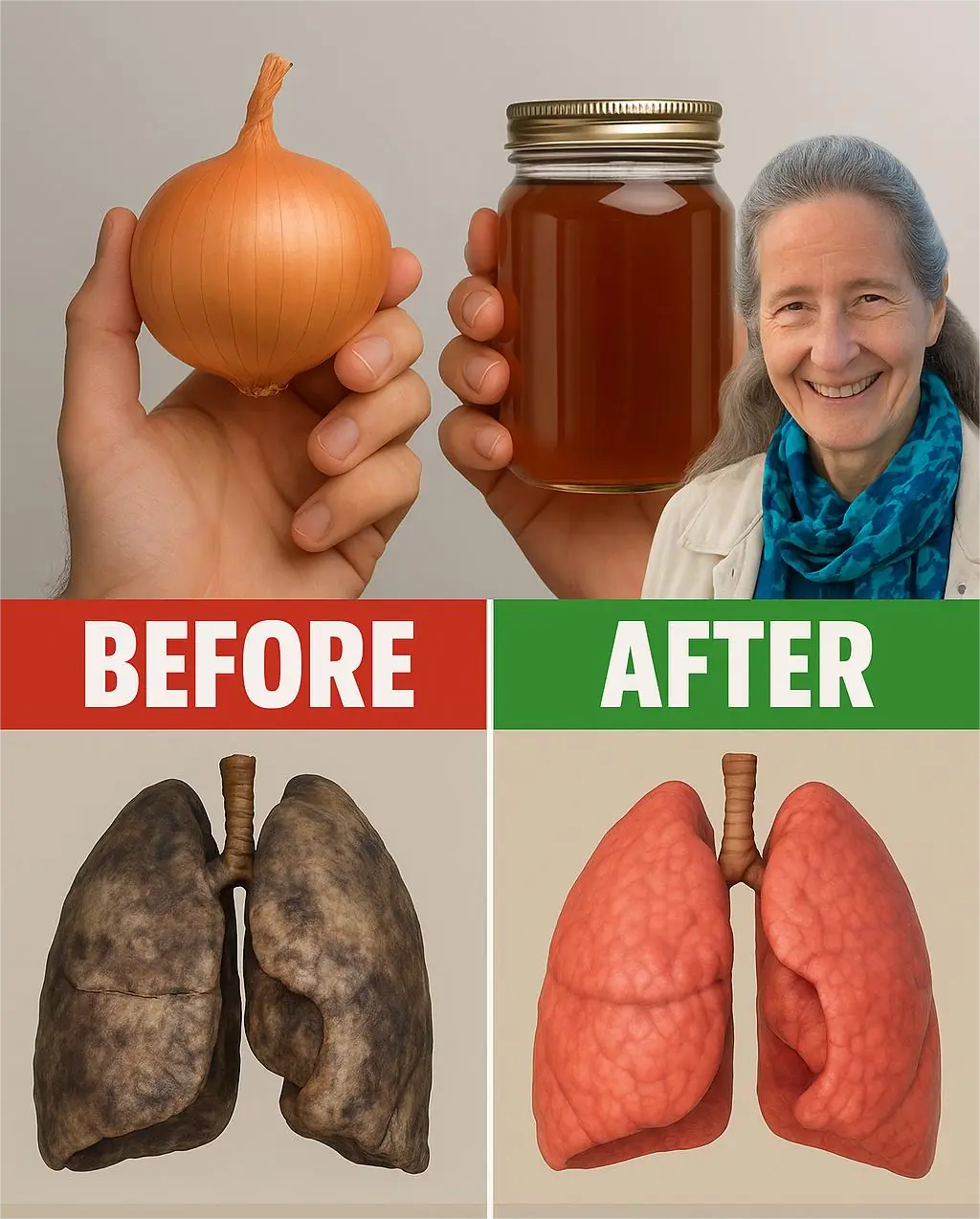
Breathe Easy Again: A Natural Way to Soothe Your Lungs with Onion and Hone
News Post

GINGER TEA

How to Use Rice and Almond Oil to Get Rid of Wrinkles

PLANTAIN: Take Advantage of Its Benefits and Learn How to Use It! 🌿

If You Suffer from Diabetes, High Blood Pressure, High Cholesterol, Inflammation, or Premature Aging — This Simple Homemade Remedy Could Change Your Life

Exploring the Amazing Benefits of Turmeric
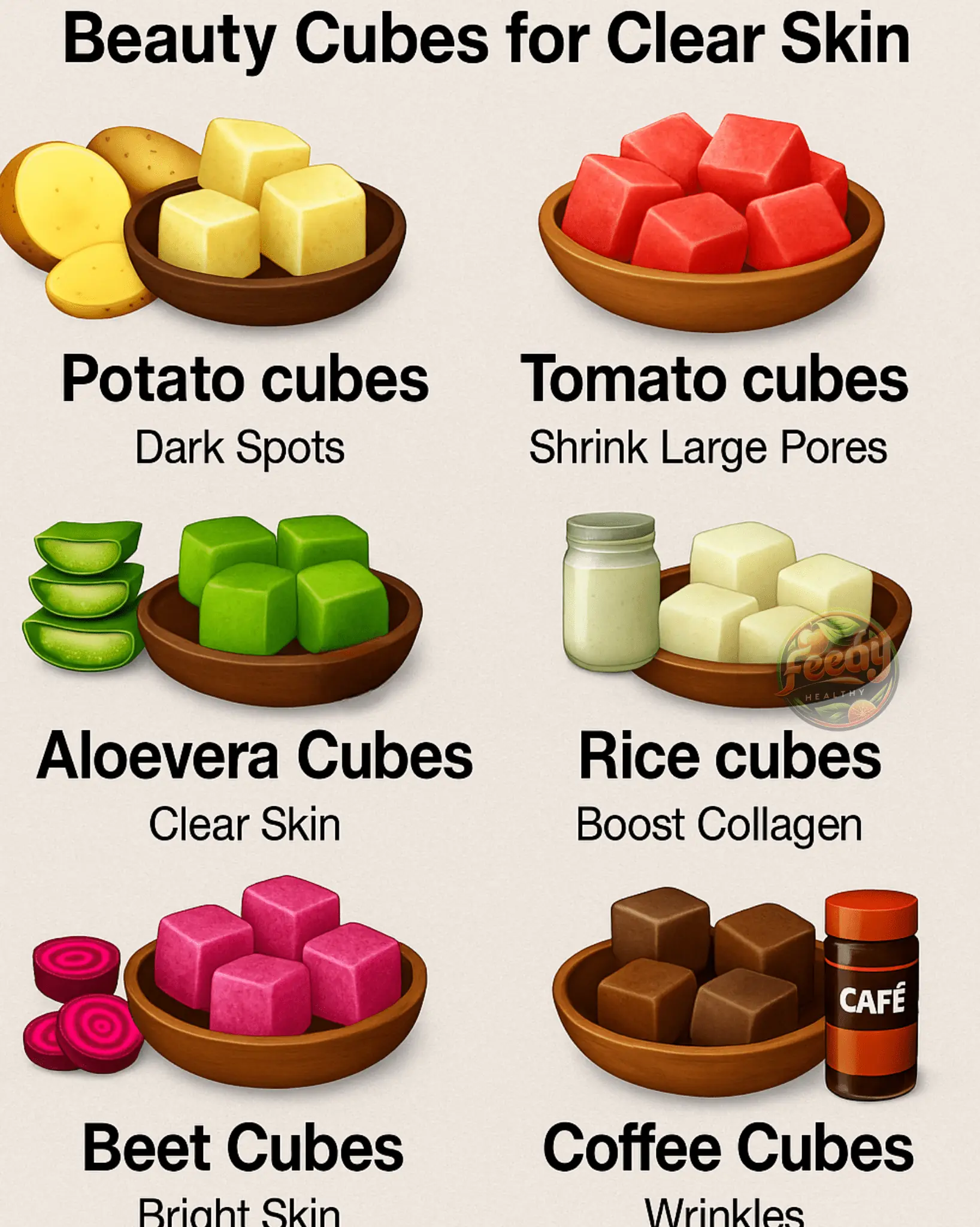
10 DIY Beauty Ice cubes for Face, Glowing Skin

7 Persistent Minor Illnesses That Could Be Early Warning Signs of Cancer
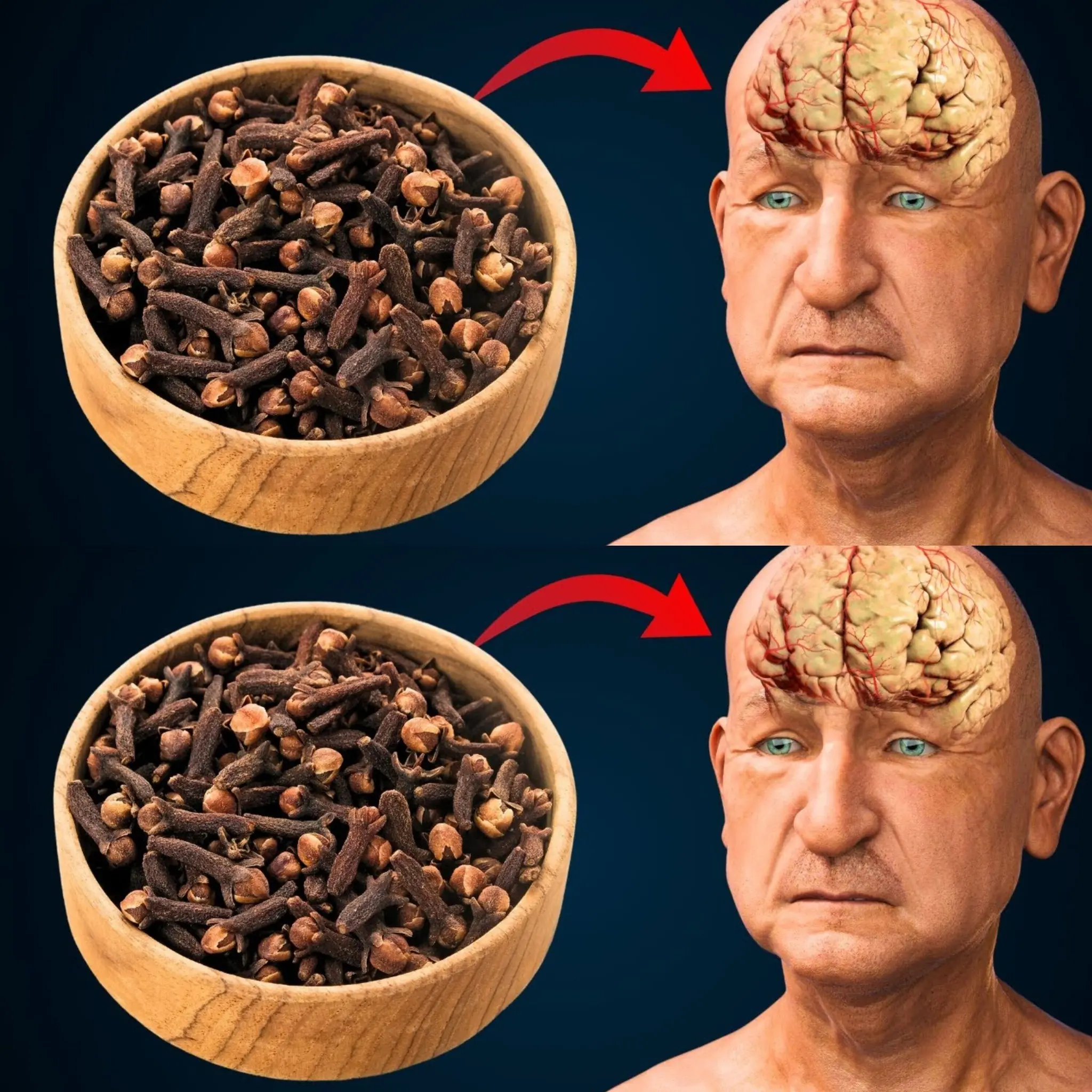
Discover the Impact of Consuming Two Cloves Daily After 50: The Benefits of Cloves
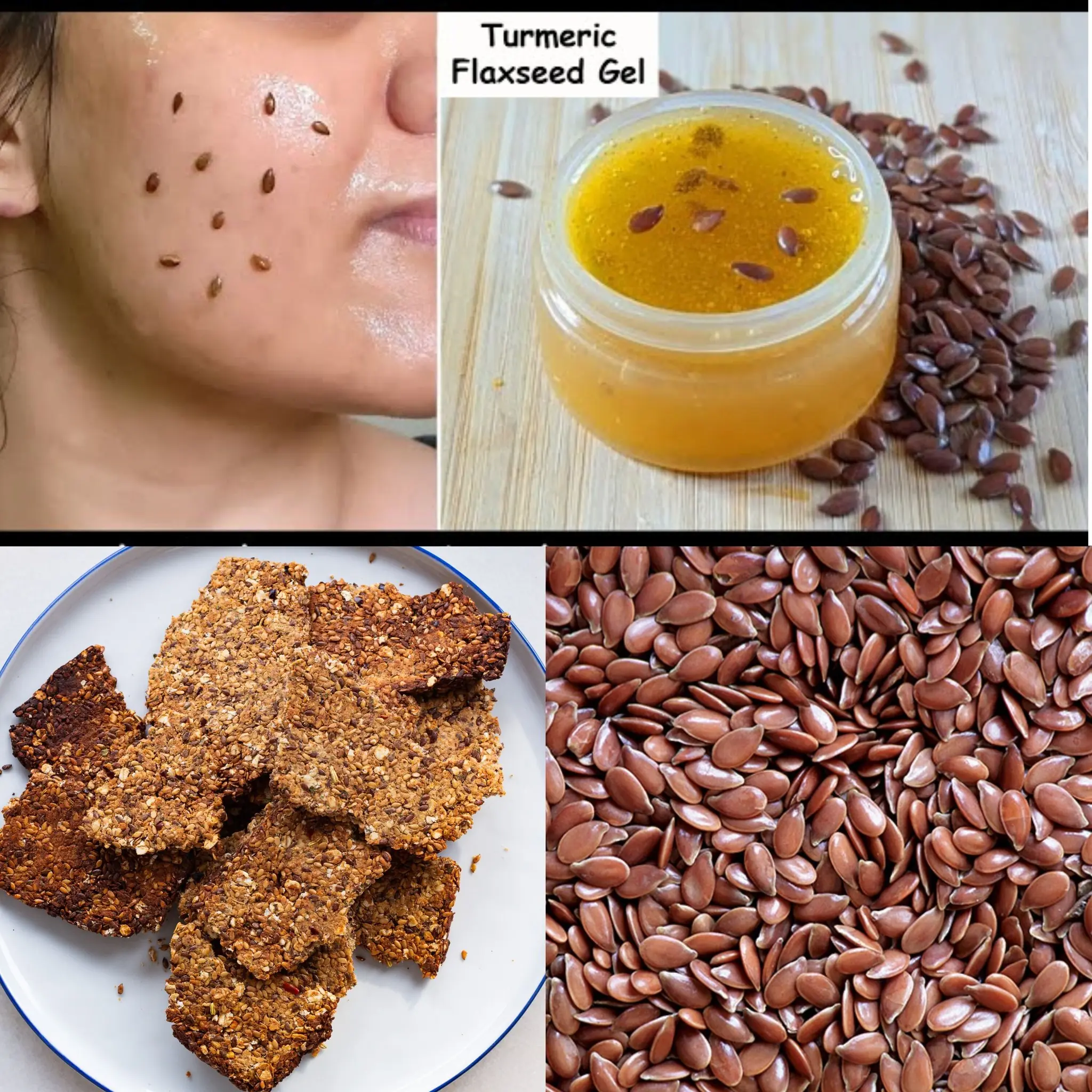
This is Why You Should Eat Flaxseed More Often
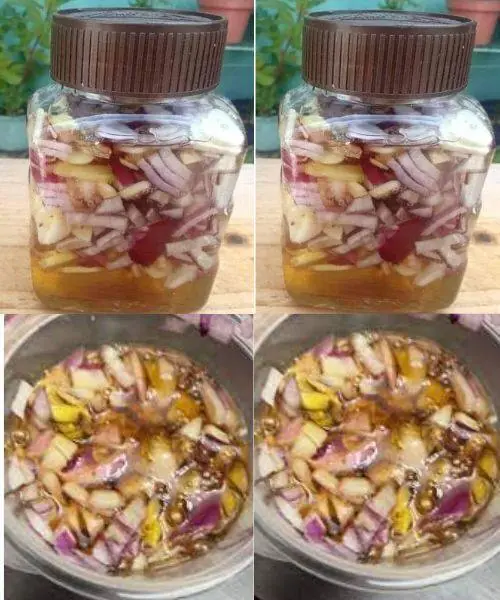
Soothe, Heal, and Protect with Every Spoonful

Natural Liver Detox Tips

I’m Losing So Much Belly Fat Drinking This All Day! 🌿 My Big Belly Is Gone – Thanks to Ginger!

10 Detox Drinks for Clear Skin

Circus lion released after being locked up for 20 years

How To Properly Dispose of Ticks

10 Clues Your Body Might Be Giving You About Clogged Arteries

Warning signs of a heart attack?

8 powerful anti-cancer foods you should start including in your diet

Unlocking the Power of Garlic, Cloves, and Honey: Your Natural Health Solution
